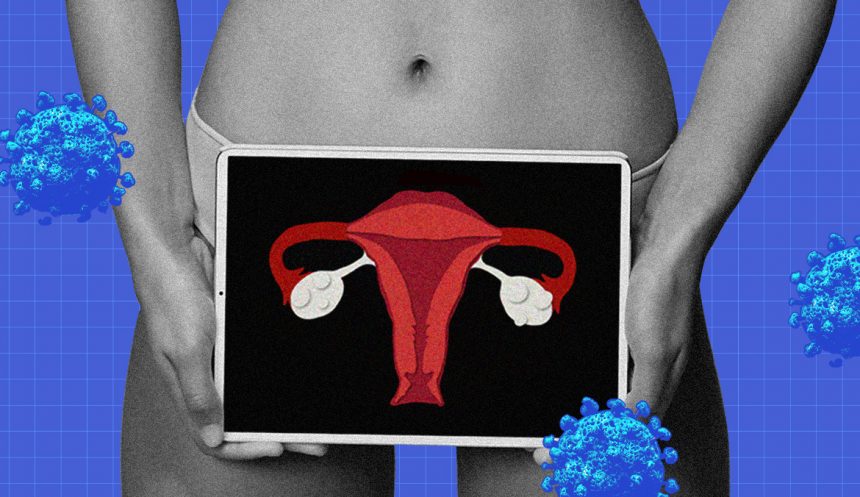When Letícia Soares was diagnosed with COVID-19 in April 2020, her life took an unexpected turn. Soares, a postdoc studying the evolution of wildlife diseases in Canada, found herself bedridden for 32 days. Her symptoms worsened over the next year, leading to a long COVID diagnosis that has confined her mostly to her house. The extreme fatigue and other symptoms she experiences, such as pain and migraines, restrict her daily activities significantly. This has not only affected her studies but also forced her to return to her home country of Brazil in November 2021 when her visa was revoked.
As a long COVID activist and researcher with a PhD in biology, Soares noticed several changes in her health post-COVID, including the return of her period after having a Mirena IUD for several years. This change, along with increased severity in her long COVID symptoms during her menstrual cycle, led her to investigate further. Supporting her curiosity, Soares, along with other researchers, published a literature review in April 2023 suggesting a possible link between long COVID and reproductive health issues in individuals with ovaries, such as endometriosis and fertility problems.
Experts like Alba Azola, MD, and Victoria Male, PhD, have also observed similar patterns in their long COVID patients. Irregular periods and menstrual-related symptom flares seem to be common among individuals with long COVID, indicating a potential relationship between the virus and reproductive health. Further research is ongoing to understand the impact of long COVID on the menstrual cycle and fertility, with some studies linking COVID-19 to decreased egg retrieval success in assisted reproductive procedures and even primary ovarian insufficiency.
Additionally, the association between long COVID and conditions like endometriosis and autoimmune diseases is being explored. Researchers suspect that chronic inflammation or an autoimmune response triggered by the virus may be responsible for the long-term health effects seen in individuals with ovaries post-COVID infection. The influence of sex hormones, immune dysregulation, and other factors is also being investigated to shed light on the complex relationship between COVID-19 and reproductive health.
As research continues, the hope is to uncover the mechanisms underlying the link between long COVID and reproductive health, providing valuable insights for treatment and prevention strategies. The investigation into this connection is crucial, as recognizing and addressing these issues is essential for the well-being of individuals affected by long COVID.






